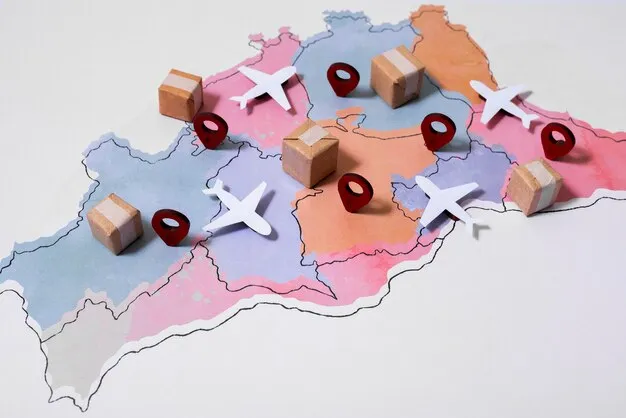Introduction
Iran has emerged as a competitive supplier of various types of wire, including black annealed wire, galvanized wire, and stainless steel wire. For global buyers, importing wire from Iran can be cost-effective and high-quality if done correctly. This guide provides a step-by-step process to help international buyers navigate the import process smoothly.
1. Identify Your Wire Requirements
Before contacting suppliers, clearly define your needs:
- Type of wire: Black annealed, galvanized, stainless steel, etc.
- Diameter and gauge: Specify in millimeters or AWG.
- Coil weight: Decide whether small coils or bulk shipments are needed.
- Quantity: Monthly or one-time order requirements.
- Quality standards: ISO, ASTM, or local standards relevant to your industry.
Having precise specifications reduces errors and ensures suppliers provide accurate quotes.
2. Find Reliable Iranian Suppliers
Finding a trustworthy supplier is critical. Steps include:
- Research verified steel and wire manufacturers in Iran.
- Check for export experience and international shipping capability.
- Request references or reviews from other international buyers.
- Consider suppliers listed in Iranian export directories or trade fairs.
Reliable suppliers will provide material certificates, product samples, and competitive pricing.
3. Request Quotes and Samples
Once potential suppliers are identified:
- Send a detailed RFQ (Request for Quotation) with specifications, quantity, and delivery terms.
- Ask for samples to verify quality, flexibility, and finish.
- Compare prices and terms from multiple suppliers to ensure the best deal.
4. Verify Quality and Compliance
To avoid problems during customs clearance:
- Ensure the supplier provides material certificates (ISO, ASTM, or Iranian national standards).
- Inspect the samples for consistency, diameter accuracy, and coating.
- Confirm the wire meets industry-specific requirements, e.g., construction, agriculture, or manufacturing standards.
5. Agree on Payment Terms
Common payment methods for Iranian exports include:
- Letter of Credit (L/C): Secure for both buyer and seller.
- TT (Telegraphic Transfer): Direct bank transfer, often for trusted suppliers.
- Open account: For long-term partnerships with reliable suppliers.
Negotiate terms carefully to minimize risks.
6. Arrange Shipping and Logistics
Iranian wire can be shipped via sea, air, or land transport, depending on destination and order size:
- Sea freight: Most cost-effective for bulk orders.
- Air freight: Faster but more expensive, suitable for urgent or small orders.
- Land transport: Possible for neighboring countries.
Ensure the supplier provides proper packaging to prevent damage during transport. Coils are usually wrapped in protective film or cardboard.
7. Handle Customs Clearance
Before importing, understand the import regulations in your country:
- Check if wire imports require licensing or permits.
- Prepare commercial invoices, packing lists, and certificates of origin.
- Pay any import duties, VAT, or tariffs.
Using a freight forwarder or customs broker can simplify the process and prevent delays.
8. Receive and Inspect the Shipment
Once the shipment arrives:
- Inspect the wire for quantity, quality, and packaging condition.
- Verify that the specifications match the order.
- Report any discrepancies to the supplier immediately.
9. Establish Long-Term Supplier Relationships
For continuous import:
- Maintain clear communication and feedback.
- Negotiate long-term contracts for better pricing and priority shipping.
- Consider joint planning for seasonal or bulk orders to reduce costs.
Conclusion
Importing wire from Iran can be highly advantageous due to competitive pricing, high quality, and variety. By following this step-by-step process, international buyers can ensure a smooth, reliable, and cost-effective import experience.
FAQs
1. What types of wire can I import from Iran?
Black annealed wire, galvanized wire, stainless steel wire, and specialty wires for construction, agriculture, and industry.
2. How long does shipping from Iran take?
- Sea freight: 20–40 days depending on destination.
- Air freight: 5–10 days.
- Land transport: 3–15 days depending on the route.
3. Do Iranian suppliers provide material certificates?
Yes, most reputable suppliers provide ISO, ASTM, or Iranian national standard certificates.
4. Can small businesses import wire from Iran?
Yes, suppliers accept small or bulk orders, but shipping and customs costs should be considered.
5. How to ensure quality before importing large quantities?
Request samples, verify certificates, and inspect the first shipment carefully.

